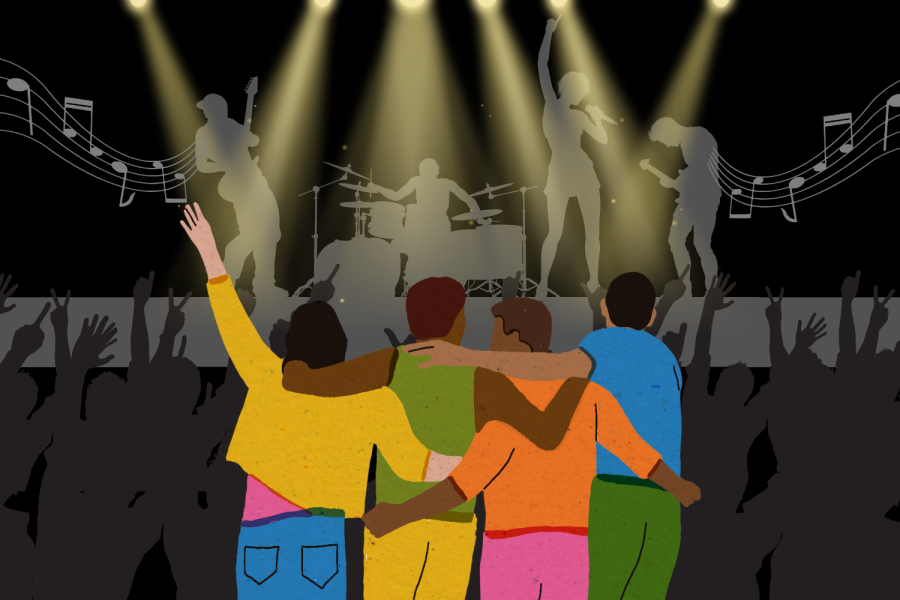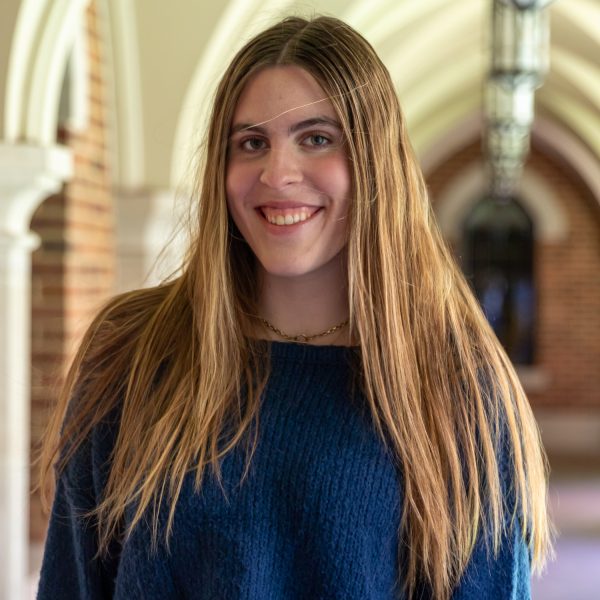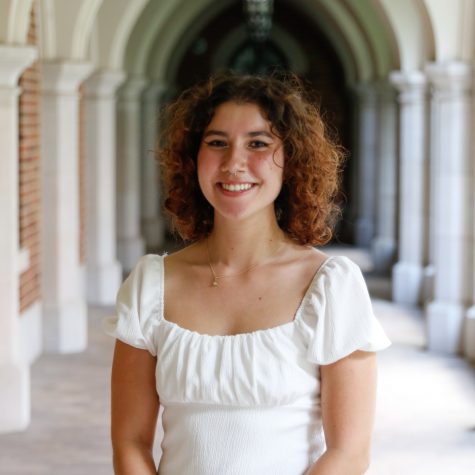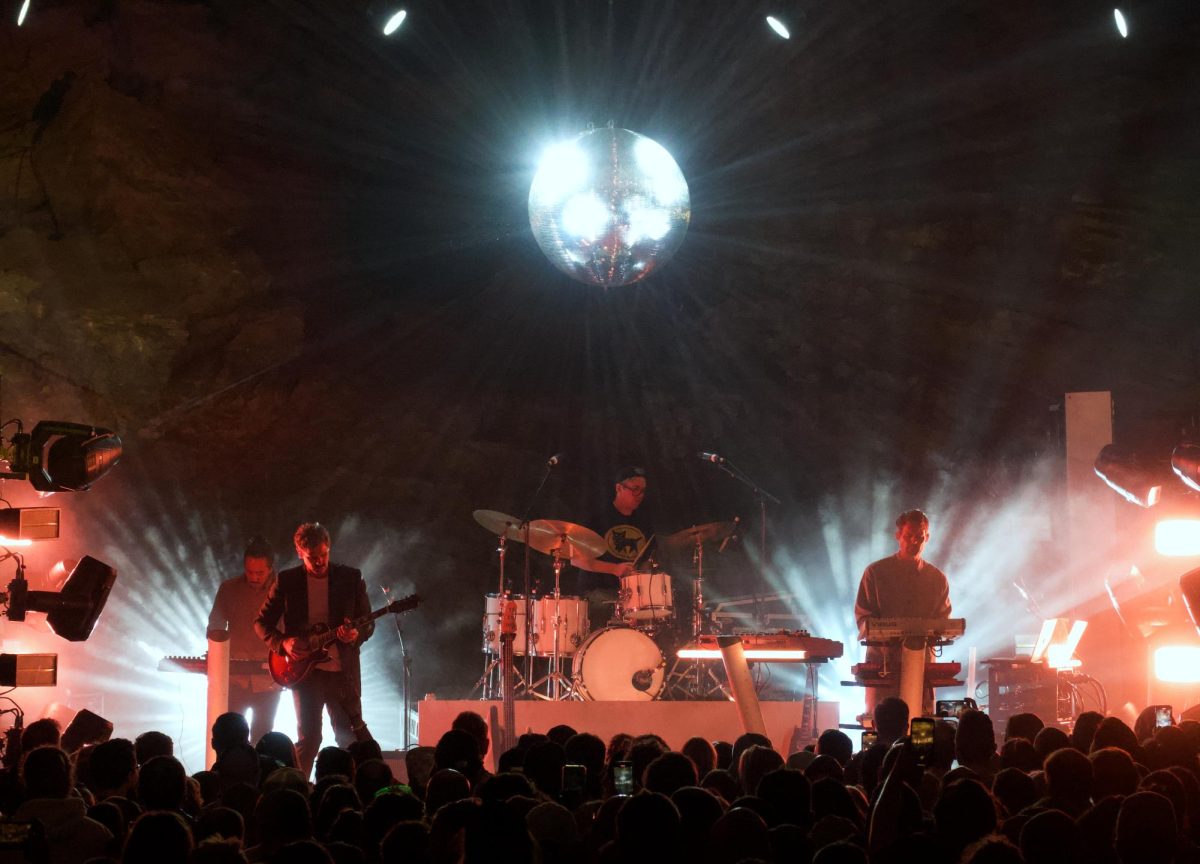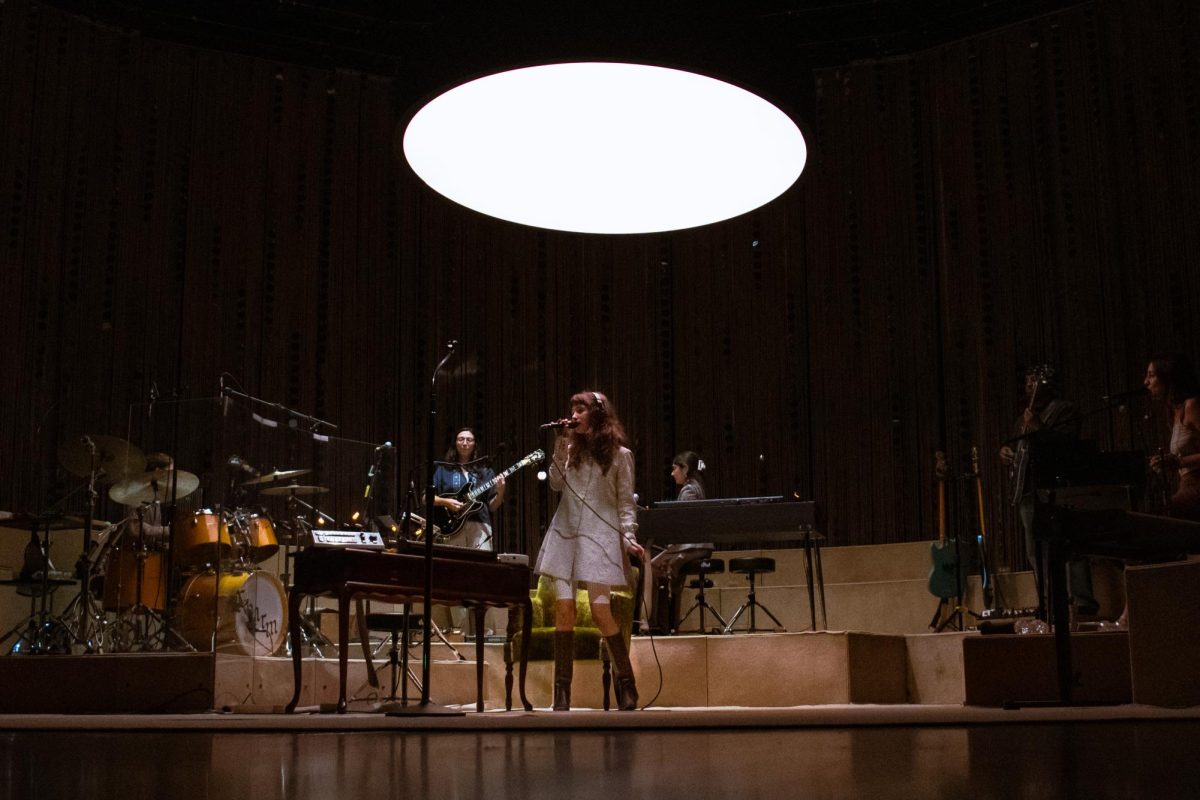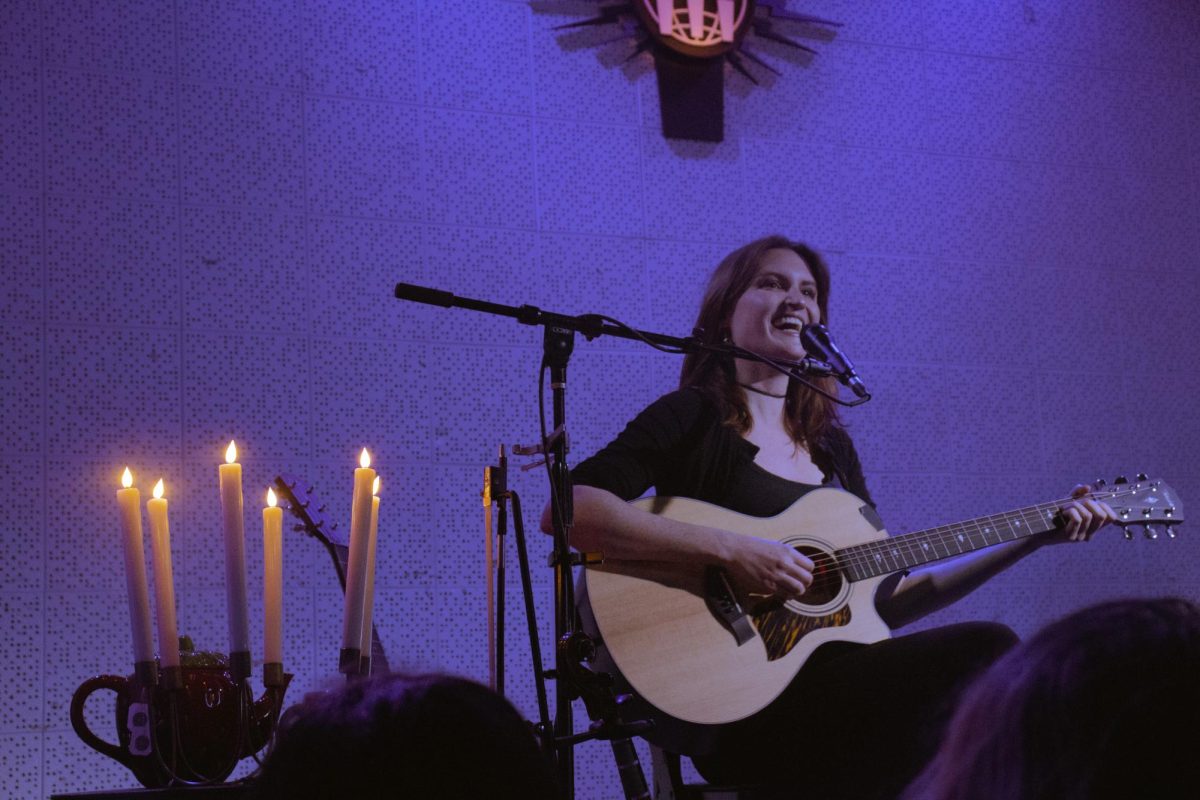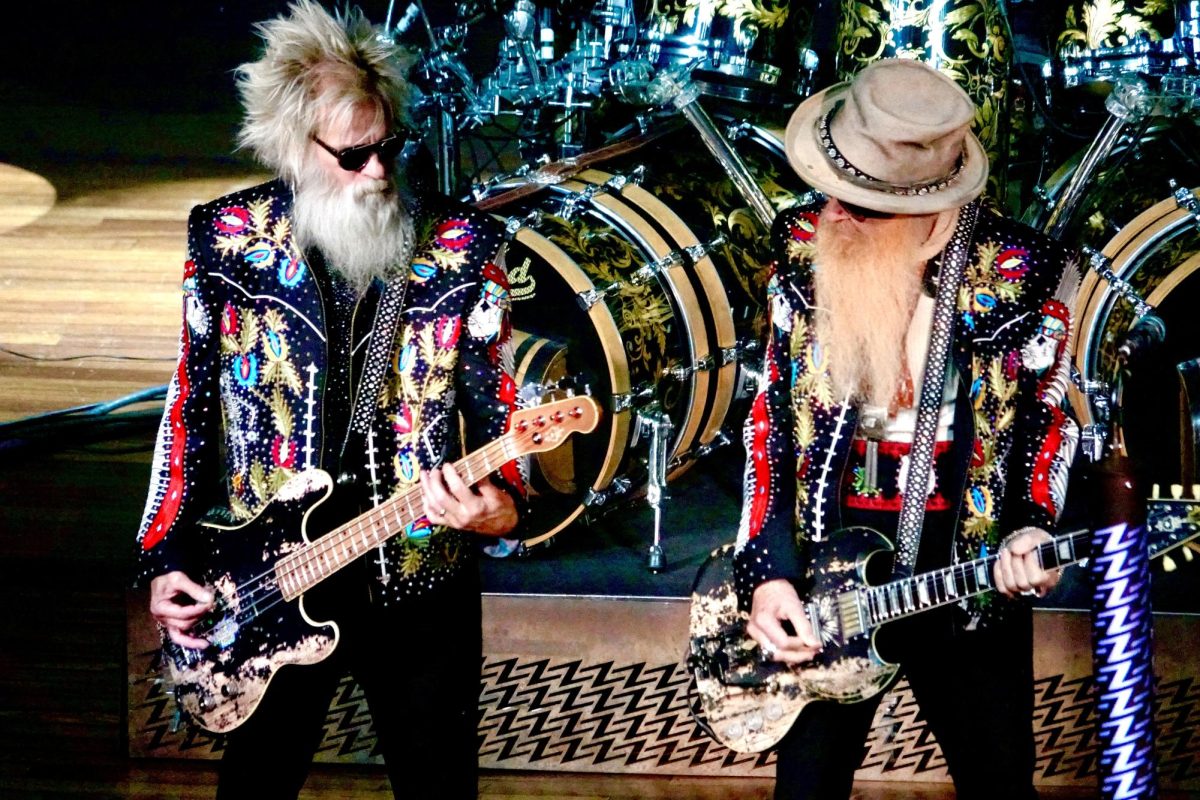Summertime in the Midwest comes with two guarantees: unpredictable weather changes and the only public display of music being the Top 50 Hits playlists that flood out of the local supermarket’s grainy speakers. Now that I am back in Music City, I am happy to say that I can at least change one of those unfavorable trends.
I went to more concerts during my first year of college than every other year of my life combined. This is undoubtedly connected to the frequency of artists that visit Nashville but also to the city’s culture of valuing music as a means of social connection. If you’re looking for something to do over the weekend, chances of finding a quality concert that won’t go over your college budget are relatively high.
After attending my first few shows in Nashville, I noticed how similar my fellow concertgoers seemed to me. At first glance, this dynamic can merely seem coincidental. Yet, this commonality is no coincidence. Why do certain people obsess over certain genres of music and similarly avoid others?
Researchers for National Taiwan University performed a study on college students that found that people who share the same music taste also share many of the same values. Every brain is different and requires different combinations of stimuli to get a physiologically exciting response. For instance, while one brain might feel relaxed by the soft piano trills of a classical song, another brain may be calmed by the steady bass of an EDM track. The researchers measured how these varying preferences were related to personality types and found multiple significant correlations, like how those who like jazz or rock tend to be people that are ambitious and open to new experiences. Hence, two people openly sharing similar values often leads to social attraction—both platonically and romantically—and interaction. In many social settings, openly showcasing your music taste is like wearing a badge that gives strangers a clue as to who you are and what you care about.
In the past year, my perspective on listening to music has completely shifted. I never would have guessed that I would make such close connections with people in college through the language of music. In high school, I did not openly express my music taste that often because I recognized the stereotypes that come with various genres, and I wasn’t comfortable with being judged by something so closely related to my individuality. In college, however, I was forced to be my authentic self in order to find the types of genuine friendships I wanted. I now view music as a way to find common ground with people previously unfamiliar to me. It is a medium of communication that forced me to get out of my comfort zone, and I consider myself lucky to have been able to take advantage of the Nashville music scene so early in my education here.
Many students at Vanderbilt share my opinions on the impressive power music holds on campus. Especially in common rooms on campus, music can serve as a common ground for meeting new people and sharing tastes.
“In college, there’s more places to openly express what you are listening to, like in the dorms and while studying, which often leads to discovering new artists that fit your vibe,” sophomore Hannah Sohn said.
For students in the Blair School of Music and music groups on campus, expressing themselves through music has allowed them to find community and re-establish a sense of belonging that they might have had previously in high school. Junior Eleanor Vander Laan, vice president of the University Concert Band (UCB), said they missed the musical opportunities they had in high school. By being involved in UCB and the Blair Gold Steel Drum and Pan Ensemble, Vander Laan explained that they are able to find musical connections, even as a Peabody student.
“I have definitely found a community in music at Vanderbilt. In high school, my life revolved around music in and outside of school, and coming to college and not being immersed into a music community by nature of my degree was really odd,” Vander Laan said in an email to The Hustler. “I found myself missing the connections I made through music and the culture of that community. Involving myself in UCB and the Steel Drum Ensemble allows me to still have ‘music friends.’”
Students’ relationship with music has expansive room to evolve during their time in Music City. Bridgestone Arena provides an amazing atmosphere for well-known artists to put on extravagant shows, but the small, independent venues in town allow students to experience a more intimate musical opportunity.
“Since living in Nashville, I have gotten to attend a lot more casual music events and house shows for artists,” sophomore Emily Doehring said. “These experiences have made me realize that music artists are real people, rather than just celebrities or public figures.”
Openly sharing your music taste is like giving the outside world a glimpse at who you are when no one else is watching. Music can be used in a wide variety of settings which only adds to the universality of it; an individual student’s soundtrack might have some acoustic study music or some blaring Pitbull for later that night!
Music is a powerful force; it is an escape in the wake of unfamiliar circumstances and a comfort for the times when we need to feel connected. So, the next time an even halfway-appealing ticket goes up for sale on Reuse Vandy or a concert preview drops on The Hustler, you should purchase a ticket not only with the intention of getting off campus for a fun night out but also to meet some people with whom you were made to connect.


